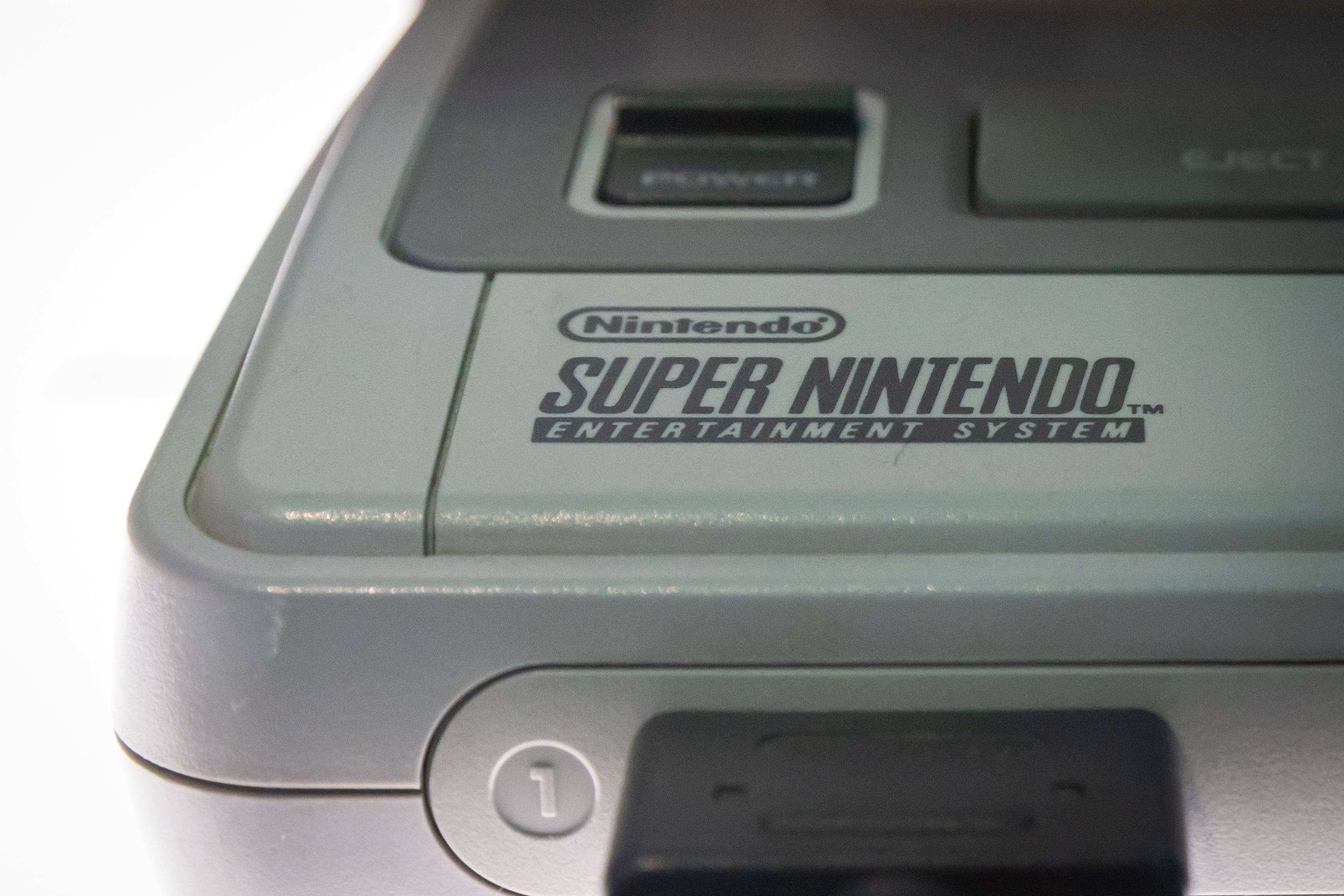The speedrunning community has been buzzing with a fascinating theory about the Super Nintendo Entertainment System (SNES): as it ages, it appears to be running games faster. This unexpected phenomenon was first highlighted by Bluesky user Alan Cecil (@tas.bot) in early February, suggesting that the nearly 50 million SNES units sold globally might now offer enhanced performance in games like Super Mario World, Super Metroid, and Star Fox.
The idea that a console could improve with age might seem far-fetched, but Cecil's research points to a specific component: the SNES's audio processing unit (APU), the SPC700. According to official Nintendo specifications, the SPC700 operates at a digital signal processing (DSP) rate of 32,000Hz, controlled by a ceramic resonator running at 24.576MHz. However, retro console enthusiasts have observed that these specs aren't always accurate. Recordings over the years show that the DSP rate can vary based on physical conditions like temperature, affecting how audio is processed and sent to the CPU, which in turn can subtly alter game speed.
 The SNES appears to be getting faster with age. Photo by Aldara Zarraoa/Gettty Images.
The SNES appears to be getting faster with age. Photo by Aldara Zarraoa/Gettty Images.
Cecil noticed that recent DSP rates were higher than previously documented and asked SNES owners to contribute data. Over 140 responses have been collected, revealing a clear trend of increased DSP rates over time. Previously, the average DSP rate was around 32,040Hz in 2007, but Cecil's findings have raised this to an average of 32,076Hz. Although temperature can affect these rates, the changes aren't significant enough to explain the observed increase. This suggests that the SNES is indeed processing audio faster as time progresses.
In a follow-up Bluesky post, Cecil noted, "Based on 143 responses, the SNES DSP rate averages 32,076Hz, rising 8Hz from cold to warm. Warm DSP rates go from 31,965 to 32,182Hz, a 217Hz range. Therefore, temperature is less significant. Why? How does it affect games? We do not know. Yet."
While the findings are intriguing, Cecil acknowledges that further research is needed to understand how much faster the SNES is processing game audio and what's causing it. Historical data from the console's early years is limited, but the SNES seems to be aging gracefully as it approaches its 35th anniversary.
The speedrunning community is particularly interested in these developments, as faster audio processing could theoretically reduce load times in certain game sections. This might challenge decades of leaderboard rankings and records. However, even under the most extreme conditions, the impact on speedruns would likely be minimal—shaving off less than a second. The exact effect on different games remains uncertain, and the community's research is still in its early stages. For now, players need not worry about significant changes to their speedruns.
As Cecil continues to investigate the SNES's inner workings, the console remains a robust and fascinating piece of gaming history. For more on the SNES, check out its ranking on the list of best-selling consoles of all time.















